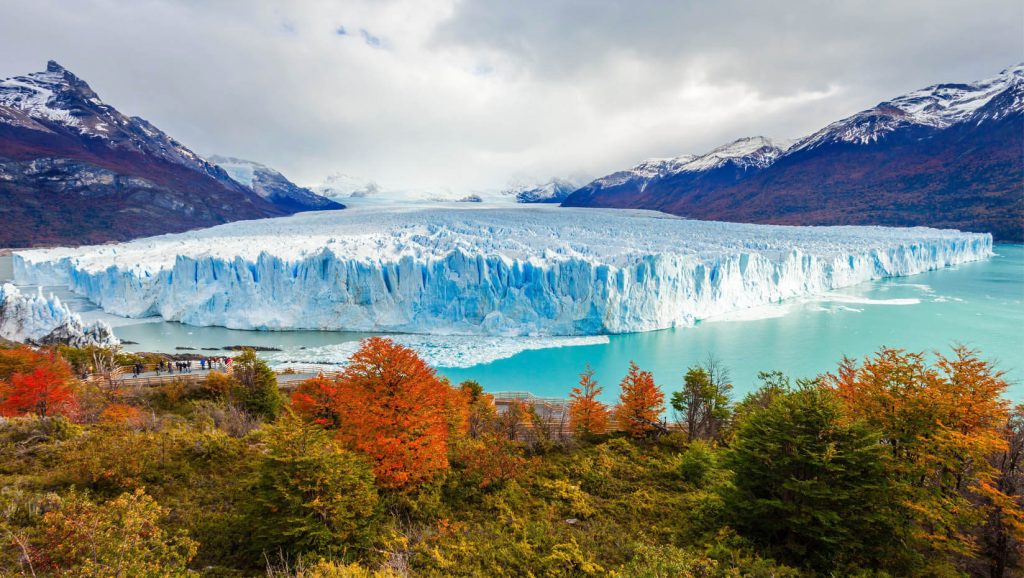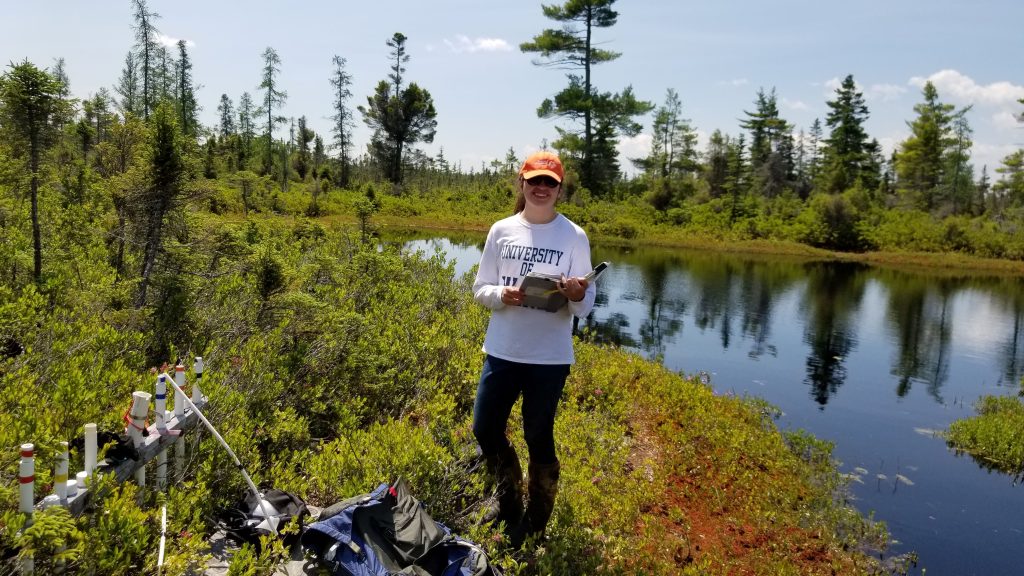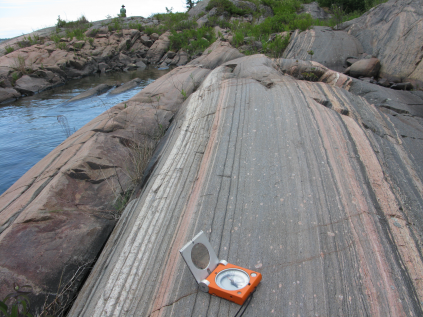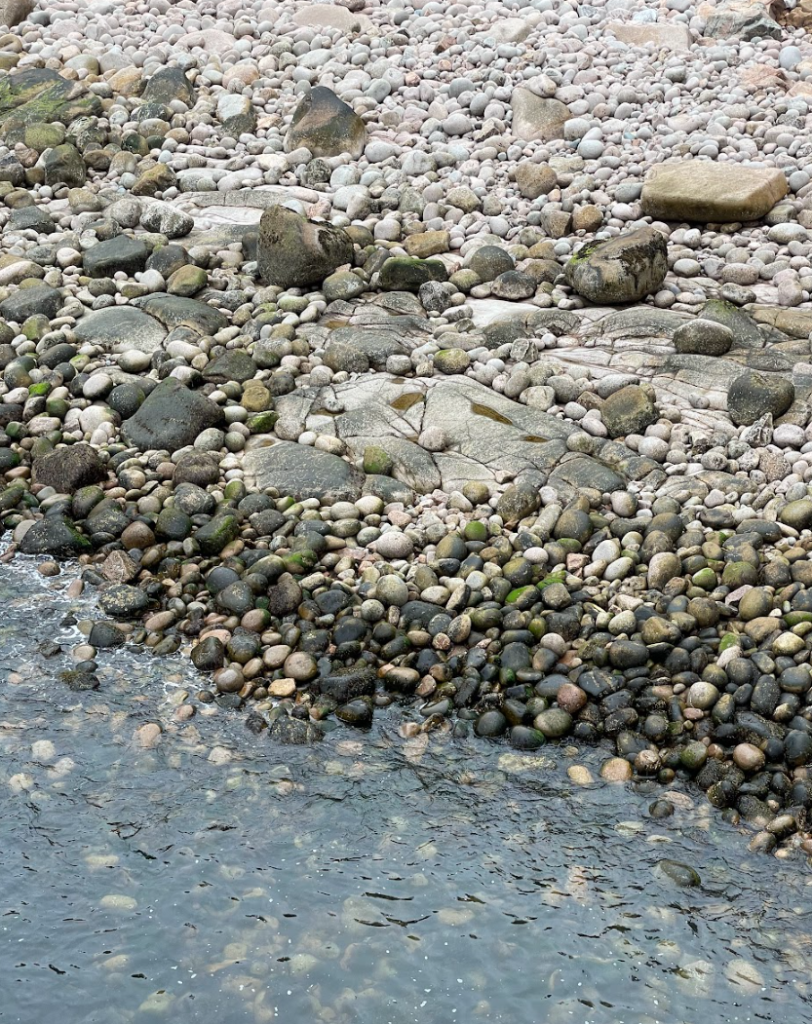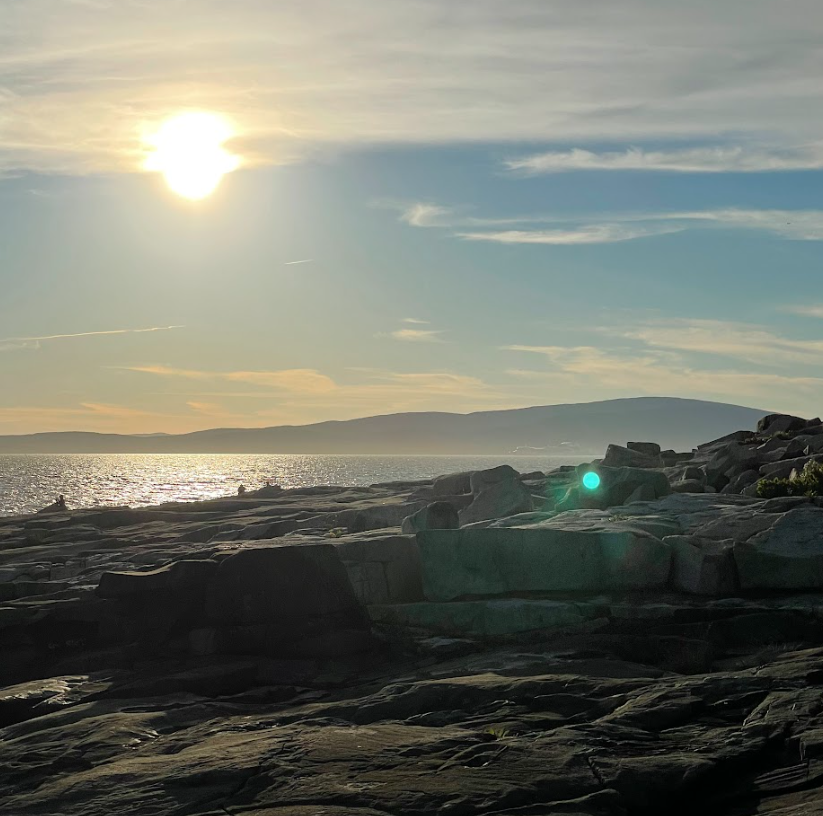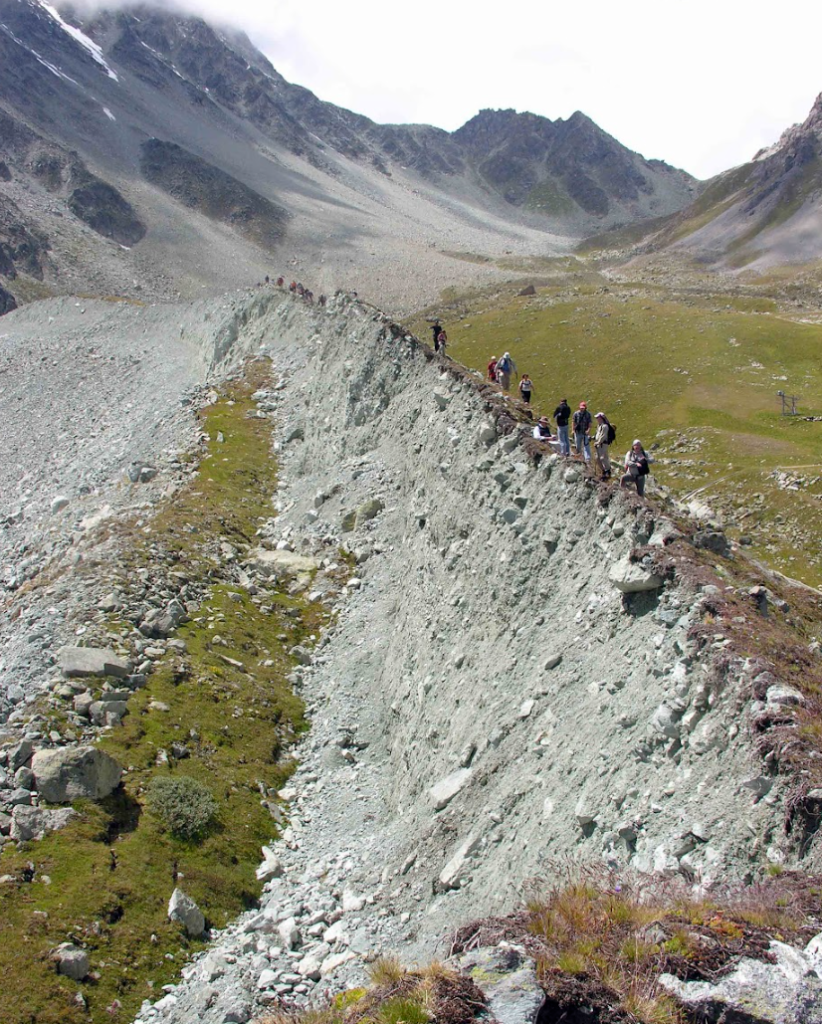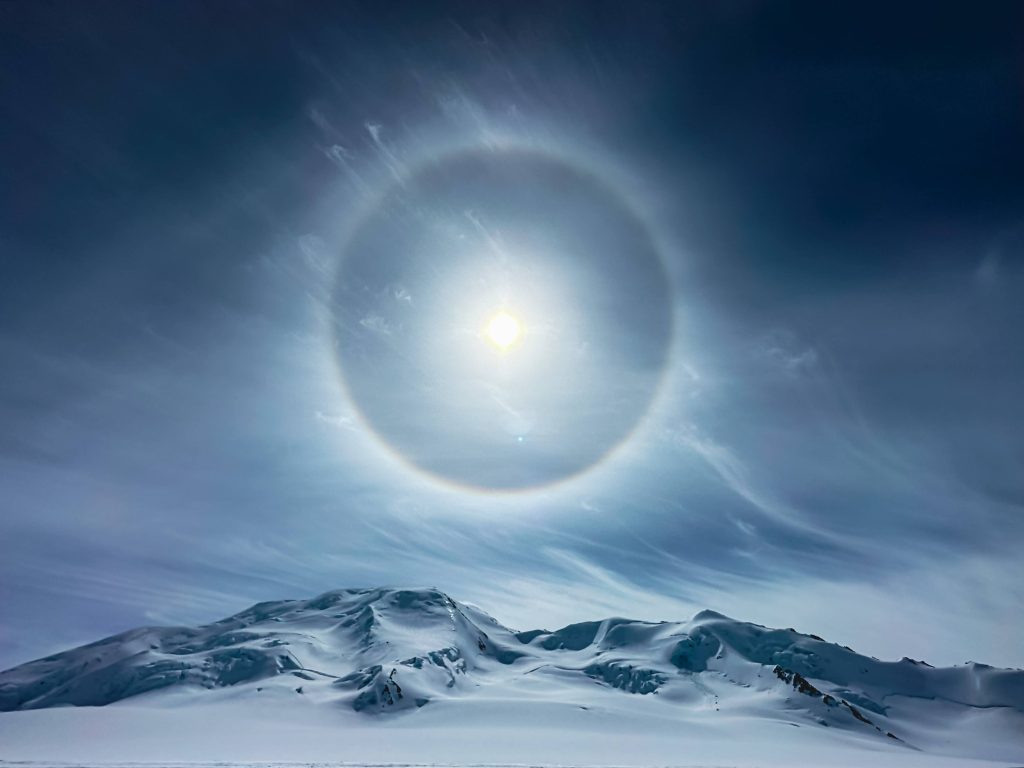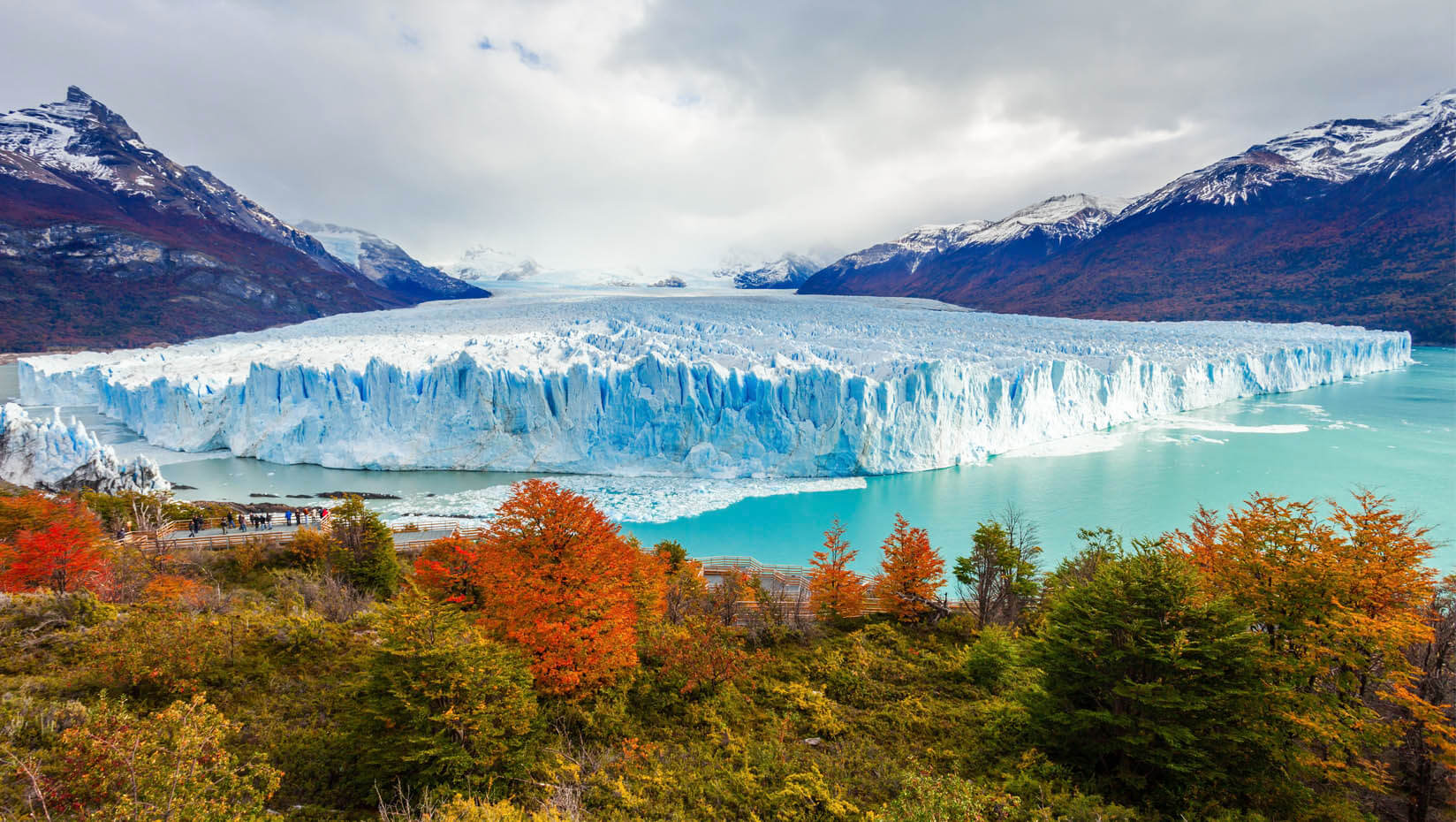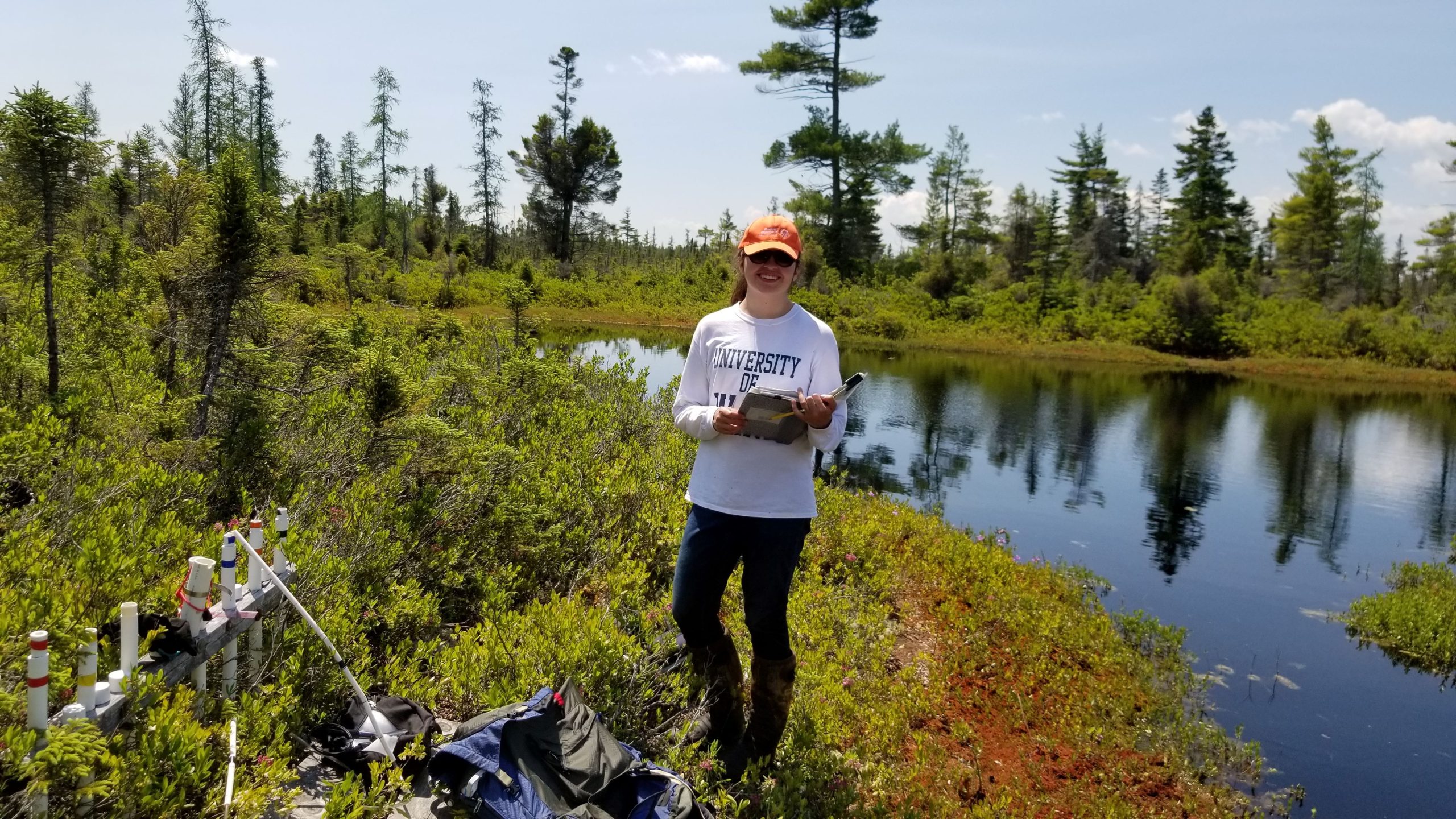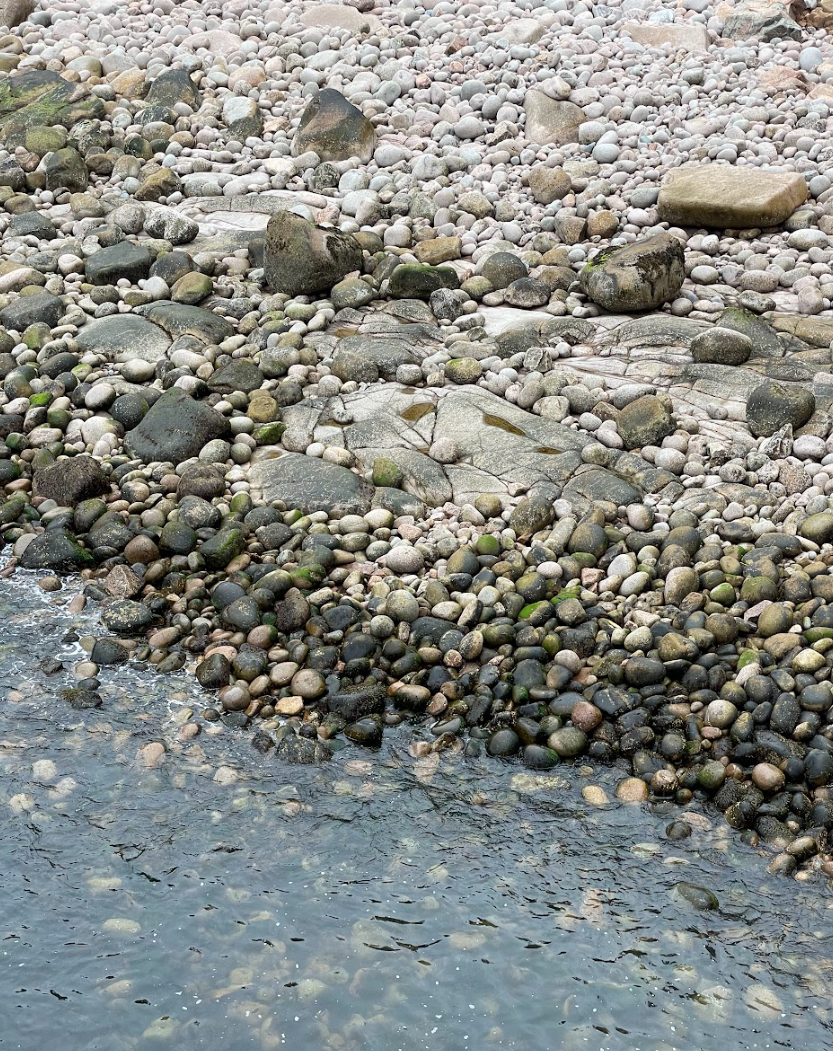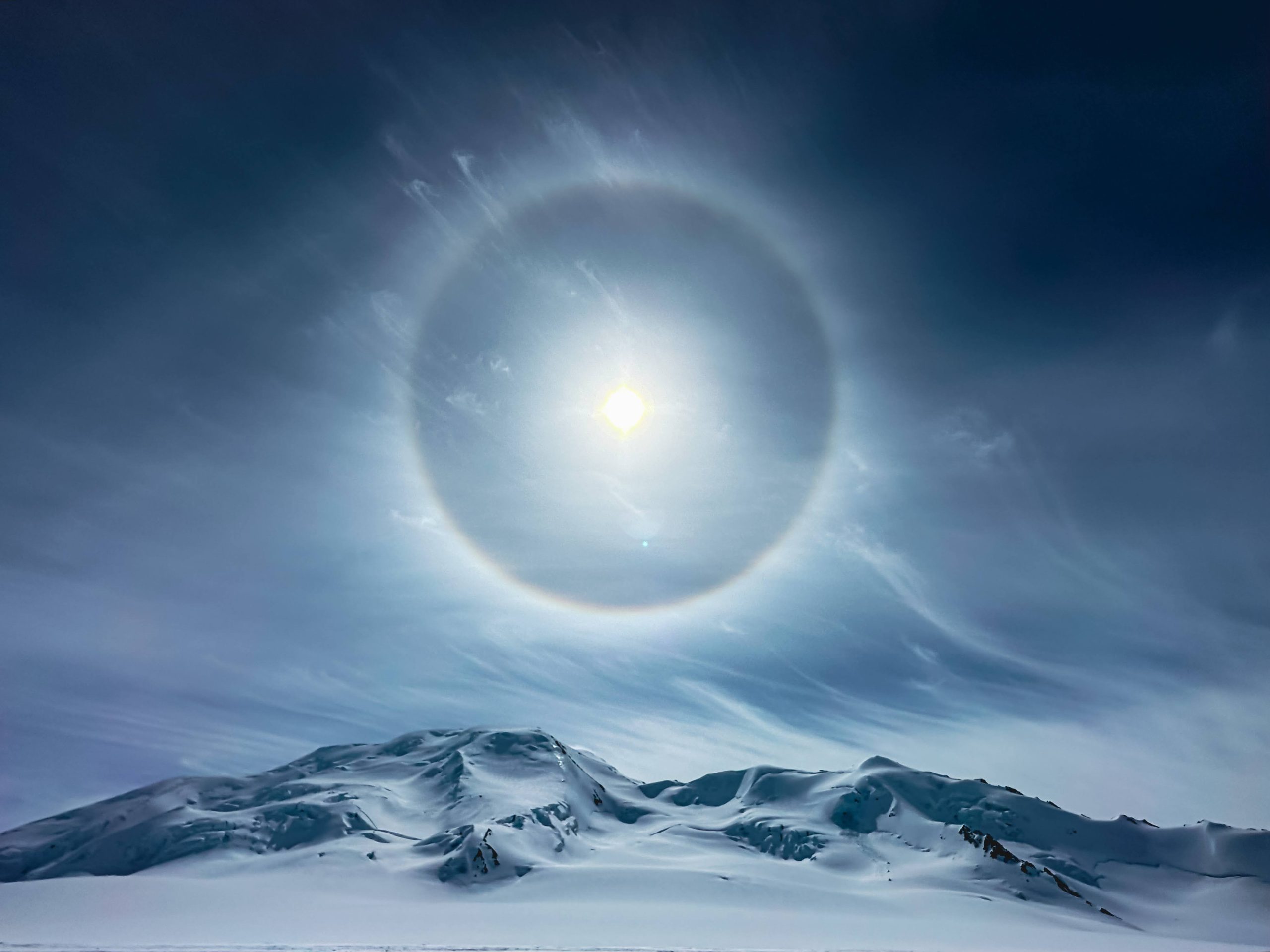Introduction
The University of Maine School of Earth and Climate Sciences is a strong and active unit that has played, and continues to play, a leadership role in the university, the state, the nation, and the world. Our School was founded in 1949 by faculty who ensured the School’s ongoing success by establishing a strong culture of research, setting high standards in teaching and research advising, and providing visionary leadership to develop interdisciplinary research efforts that continue to this day. Through our focus on the physical and chemical processes that shape our planet below, at, and above its surface, as well as our global fieldwork, laboratory, and modeling applications, we maintain a rich collaborative network across the UMaine campus. Today, Earth and Climate Sciences faculty teach and conduct research across a range of interconnected systems that govern the composition and dynamics of our environment: the solid Earth; its atmosphere, hydrosphere, and cryosphere; and humanity. We work in full support of UMaine’s land grant mission and strategic vision – using our teaching, research, and public service to enhance the quality of life for citizens across Maine and beyond.
The School of Earth and Climate Sciences conducts a balance of teaching, research and service as part of the University of Maine Land Grant and Sea Grant missions. Students have a variety of hands on opportunities to learn and practice in the field. Our primary goal is to develop better understanding of Earth as a complex and dynamic system, including how humans interact with Earth’s environments, hazards and resources.

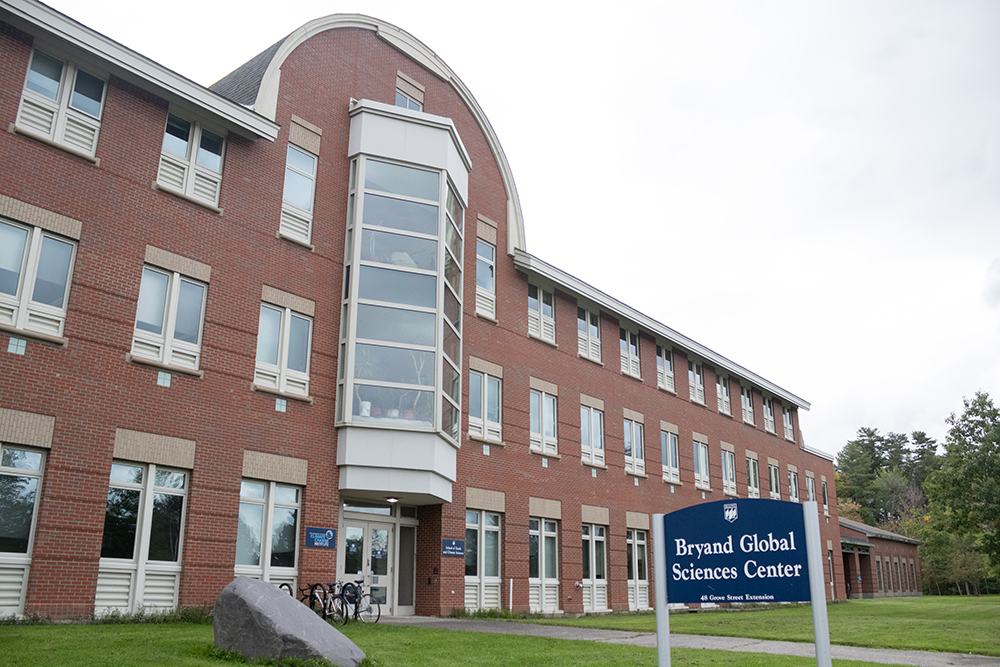
We are located in the Bryand Global Sciences Center
– a beautiful, modern building designed by our faculty for both teaching and research. Additional faculty offices and laboratory facilities are located in the adjacent Sawyer Environmental Research Center.
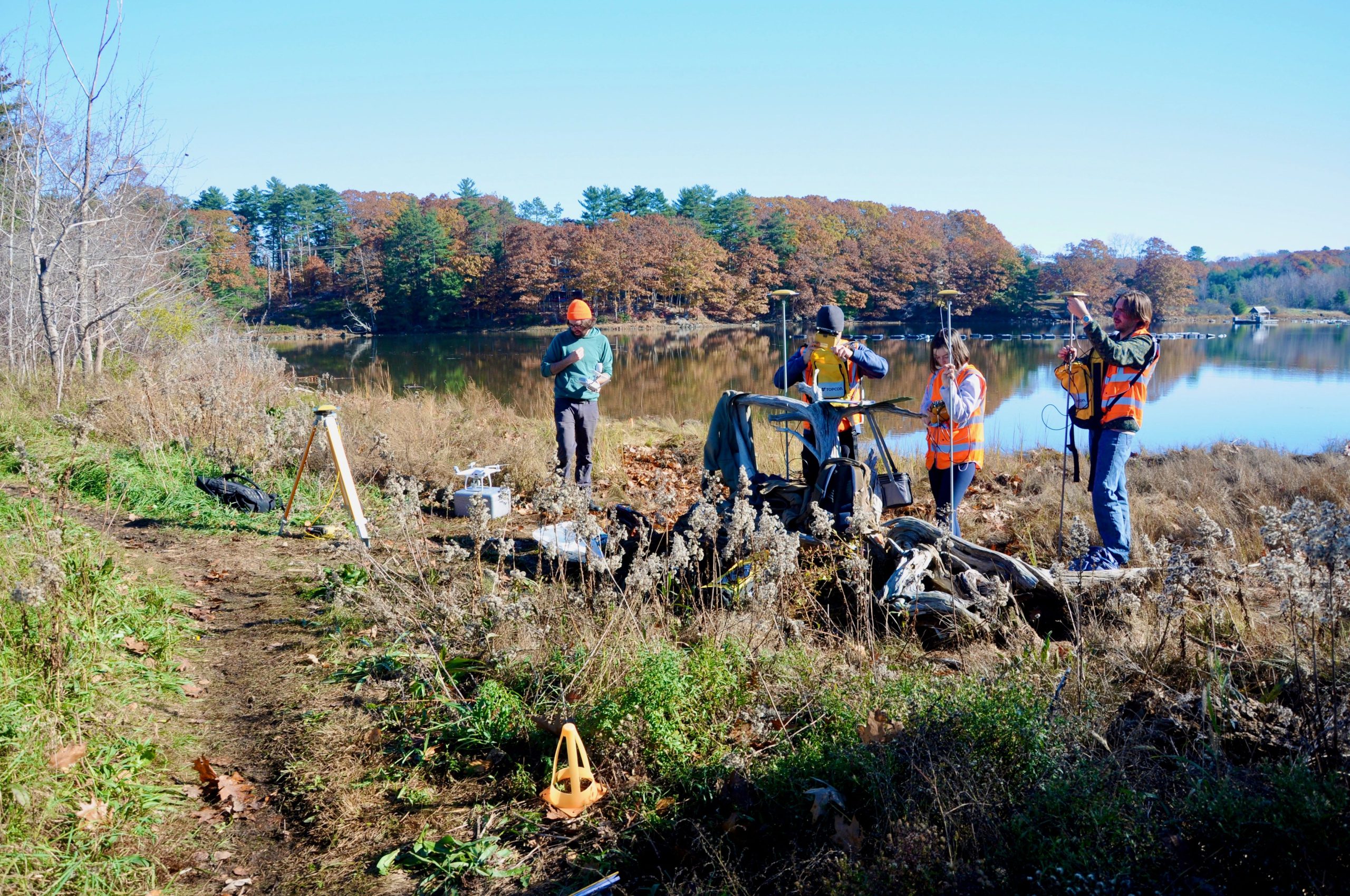

The ECS community works to understand the processes that shape our planet and address societal challenges of today and tomorrow – such as energy supply, climate change, and environmental sustainability. Undergraduate and graduate students have abundant opportunities to do cutting-edge research as part of an engaging and strong academic program.
Explore our four different research categories:
.
.
.
.
.
.
.
.
.
.
.
.

